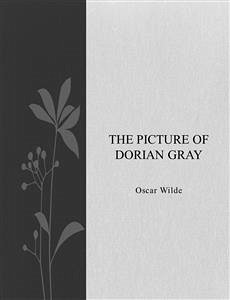The Picture of Dorian Gray (1891), by Oscar Wilde, was first published as a serial story in the July 1890 issue of Lippincott's Monthly Magazine.As submitted by Wilde to the magazine, the editors feared the story was indecent, and deleted five hundred words before publication — without Wilde’s knowledge. Despite that censorship, The Picture of Dorian Gray offended the moral sensibilities of British book reviewers, some of whom said that Oscar Wilde merited prosecution for violating the laws guarding the public morality. In response, Wilde aggressively defended his novel and art in correspondence with the British press. Wilde revised and expanded the magazine edition of The Picture of Dorian Gray (1890) for publication as a novel; the book edition (1891) featured an aphoristic preface — an apologia about the art of the novel and the reader. The content, style, and presentation of the preface made it famous in its own literary right, as social and cultural criticism. In April 1891, the editorial house Ward, Lock and Company published the revised version of The Picture of Dorian Gray.The only novel written by Wilde, The Picture of Dorian Gray exists in two versions, the 1890 magazine edition and the 1891 book edition, the story he submitted for serial publication in Lippincott's Monthly Magazine. As literature of the 19th century, The Picture of Dorian Gray is an example of Gothic fiction with strong themes interpreted from the legendary Faust
Bitte wählen Sie Ihr Anliegen aus.
Rechnungen
Retourenschein anfordern
Bestellstatus
Storno



![Oscar Wilde: The Complete Collection [contains links to free audiobooks] (The Picture Of Dorian Gray + Lady Windermere Oscar Wilde: The Complete Collection [contains links to free audiobooks] (The Picture Of Dorian Gray + Lady Windermere](https://bilder.buecher.de/produkte/48/48162/48162580m.jpg)





